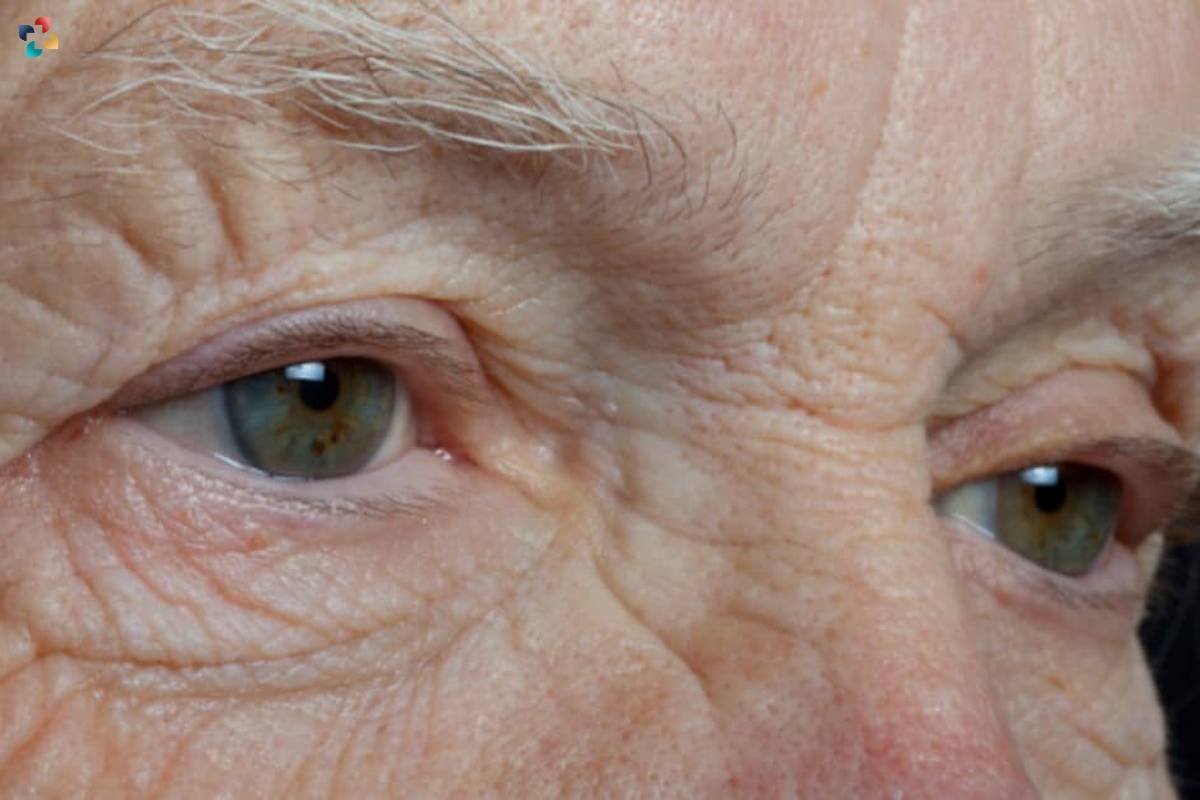Types of dementia or Alzheimer’s deteriorates the working cells in the part of the brain that has a command over memory. Spatial memory loss begins gradually i.e. forgetting directions to known locations or relations between objects. Ensuring a balanced diet, regular exercise, and less or no intoxication can help prevent dementia.
To prevent dementia, a healthy lifestyle, and proper or normal results of blood pressure, blood sugar, and cholesterol, these levels should be normal. Dementia mainly starts due to aging and an unhealthy lifestyle. Most people over 60 to 65 years of age are looked on for signs of dementia. If they show those signs, the doctors will consult and prescribe some medications in order to prevent dementia.
Here Are 3 Tips to Prevent Dementia-related Wandering:
1. Be their guide:
To prevent dementia from aggravating, stop correcting your loved one. Guide them through their thought process. The patient can show signs of anxiety like not enough groceries in the house. Use validation in such cases. Show them the groceries stock. Let them know that it’s full. There’s enough of it. Make them feel secure. Ask them questions related to their past memories which make them happy. E.g. what would they like to do first when they returned from office? Encourage them to speak about happy and positive things.
This is a way to lessen their feelings of gear, being lost, anxious, and disoriented. This will help prevent dementia. Open-ended questions transform them into things they remember quite evidently. Memories that are close to their heart. These are methods to prevent dementia. Bond with them. They need more attention now than before. This will immensely help to reduce the patient’s wandering due to dementia.
2. Keep them engaged:
There are some easy measures to prevent dementia. The more occupied they are, the lesser the chances of them wandering. One more advantage is they are in front of you at all times. Give them some activity which they can do. Considering their dementia, give them activities that their brain can handle.

They should be able to do it with just a bit of effort. If given too complicated a task, they may get frustrated by their inability to do it. They will blame their illness or themselves and become depressed. The best method is to make them do exercises. It helps prevent dementia. When they do some activity, it’ll tire them and they’ll get a good night’s sleep. If they sit idle throughout the day, their wandering in the night starts.
3. Take preventive measures:
Communicate with your loved ones. This is the best thing to prevent dementia. Talk about majorly positive and happy things. Help them accept their condition. See to it that they have a good and healthy diet. Keep them mentally and socially active. Use devices like a bed alarm to get notified when your loved one is out of bed.
Place the latches of doors in such a way that they cannot open and go out of the house. But at the same time, make sure they have access to come out of the room to get snacks, and water or go to the washroom. Do not give them fluids just before they sleep. They will need to go to the bathroom.
Causes of Dementia Wandering:
Emotional causes:
- Fear:

New places, busy locations like a restaurant or a mall, or even family get-togethers can sometimes lead to fear in people. They feel disoriented or lost when in crowded locations.
- Overstimulation:
High-decibel sounds or sudden movements make the patient restless. They may also not like the television sound, sirens on the road, or even loud conversations. They feel like running away from the crowded place and going to calming and quieter environment.
- Frustration:
Frustration can happen because they face problems communicating too. The inability to tell what they require at a particular moment leads them to be frustrated. They then try to do the tasks on their own and may create a mess of it.
Physical causes:
- Mobility issues:
Elders who are diagnosed with dementia in the later stages may have orientation issues. There is a high risk of them falling. If they fall, their orientation issues will worsen. While doing a particular thing, they may also forget what or why they are doing it.
- Deteriorated vision:

The way in which objects are seen by the eyes is changed in dementia. Similarly, the functioning of the brain is affected too. Visuals are changed. The brain shows unrealistic visuals due to faults in processing activity.
- Visual-spatial issues:
The visual processing capacity of the brain is affected to a large extent. In known surrounding, a person might find it difficult to find the keys, find grocery stocks of a particular thing, etc. Vision depletion causes such issues as vision becomes blurry.
- Dimensional defect:
Objects which are two-dimensional or three-dimensional are difficult to process. The visuals are hard to recognize. Laying a bedsheet on the bed may become difficult. Wrong sides may be put on the opposite sides.
Bottom Line
Dementia isn’t an easy thing to deal with. The patient becomes fearful, anxious and loses confidence. A good diet and healthy lifestyle are the things that can help the patient. But if they are aged you need to take extra care of them. Put labels on room doors, drawers and cabinets where their things are kept.
Write their name, address, and personal details if they wander about out of the house in the night. Keep alarm devices near you so as to get notified if they are out of their bed at night. Above all, keep them engaged, communicate with them in a pleasant manner and make them do some exercises.











